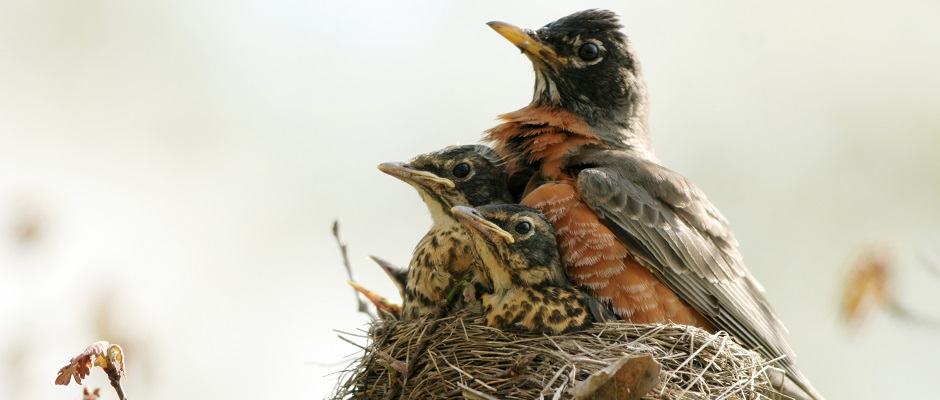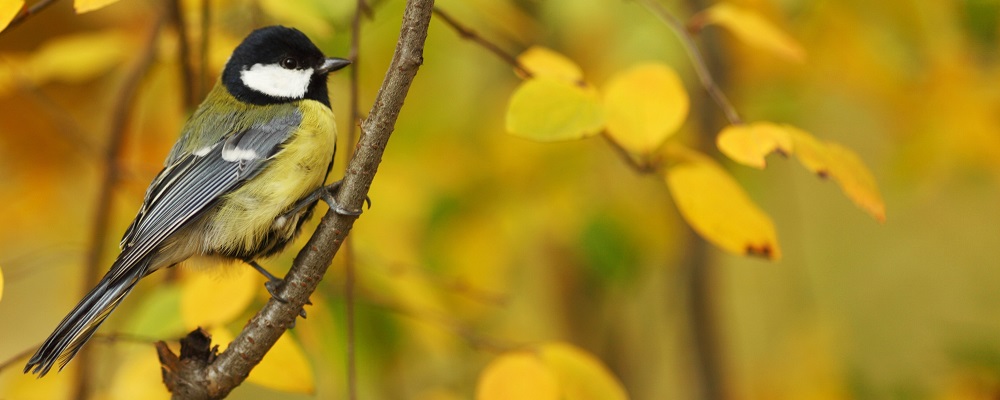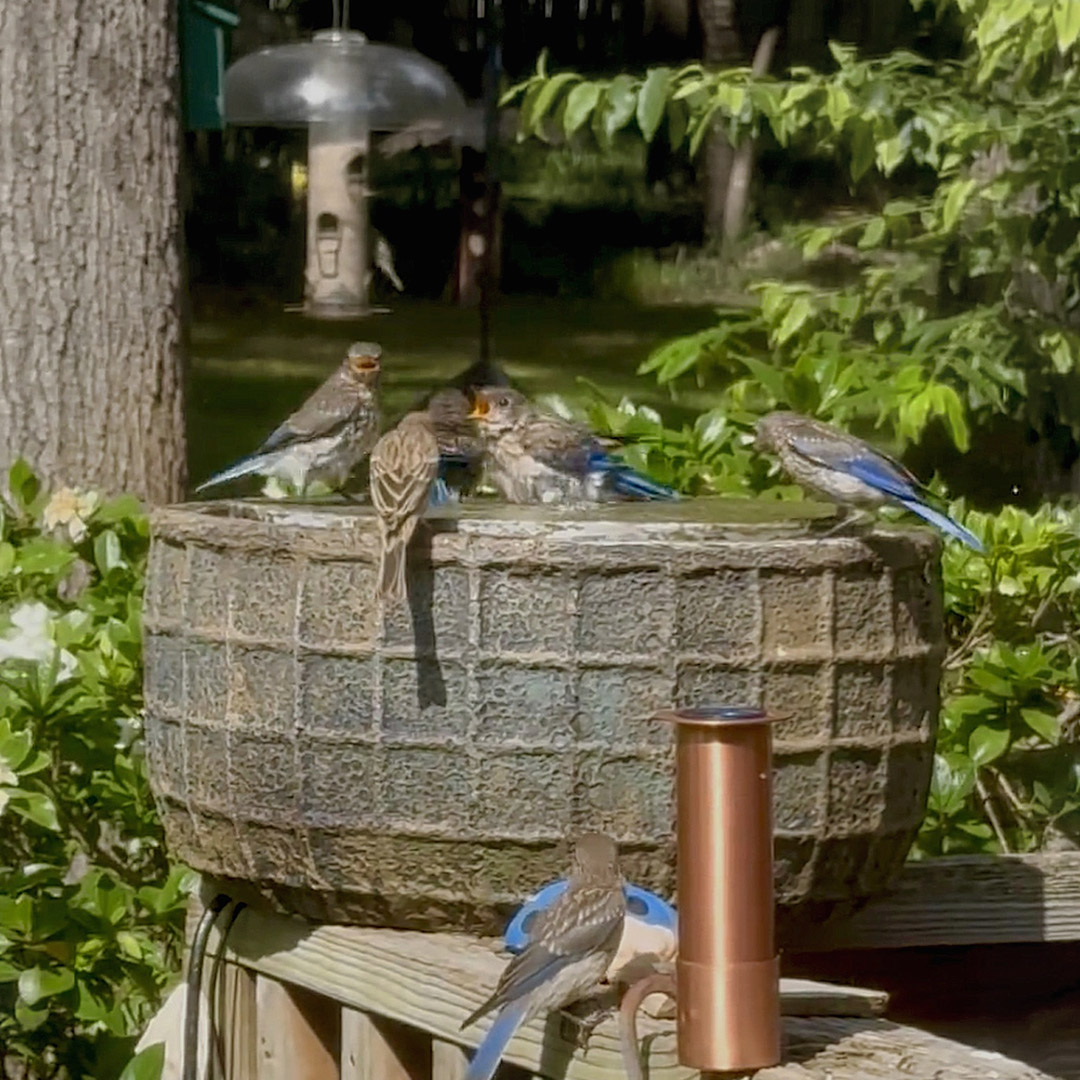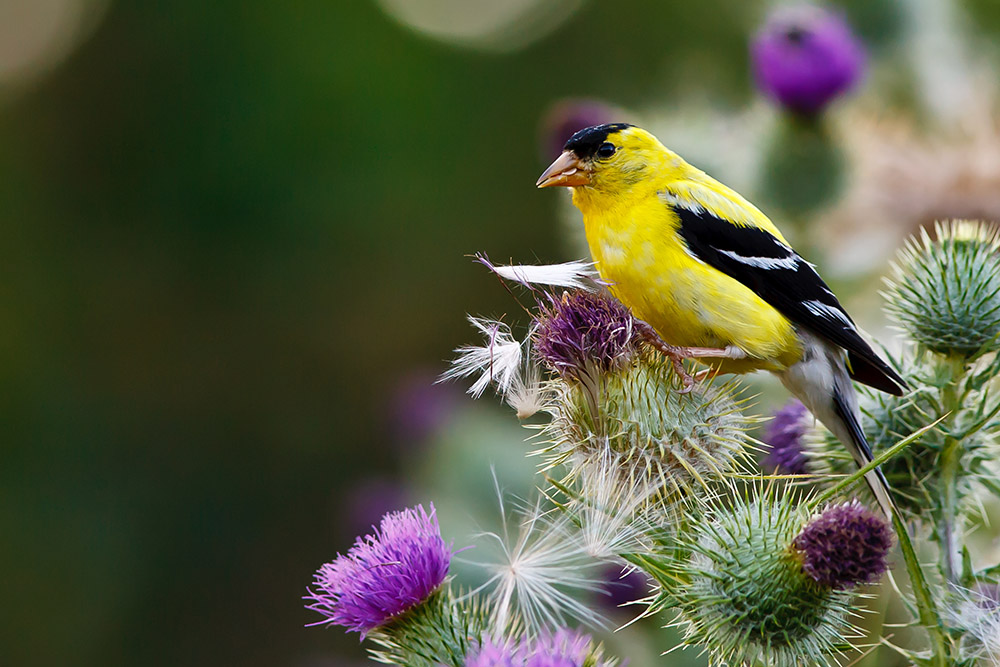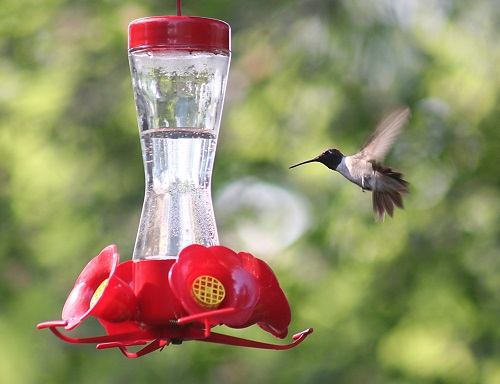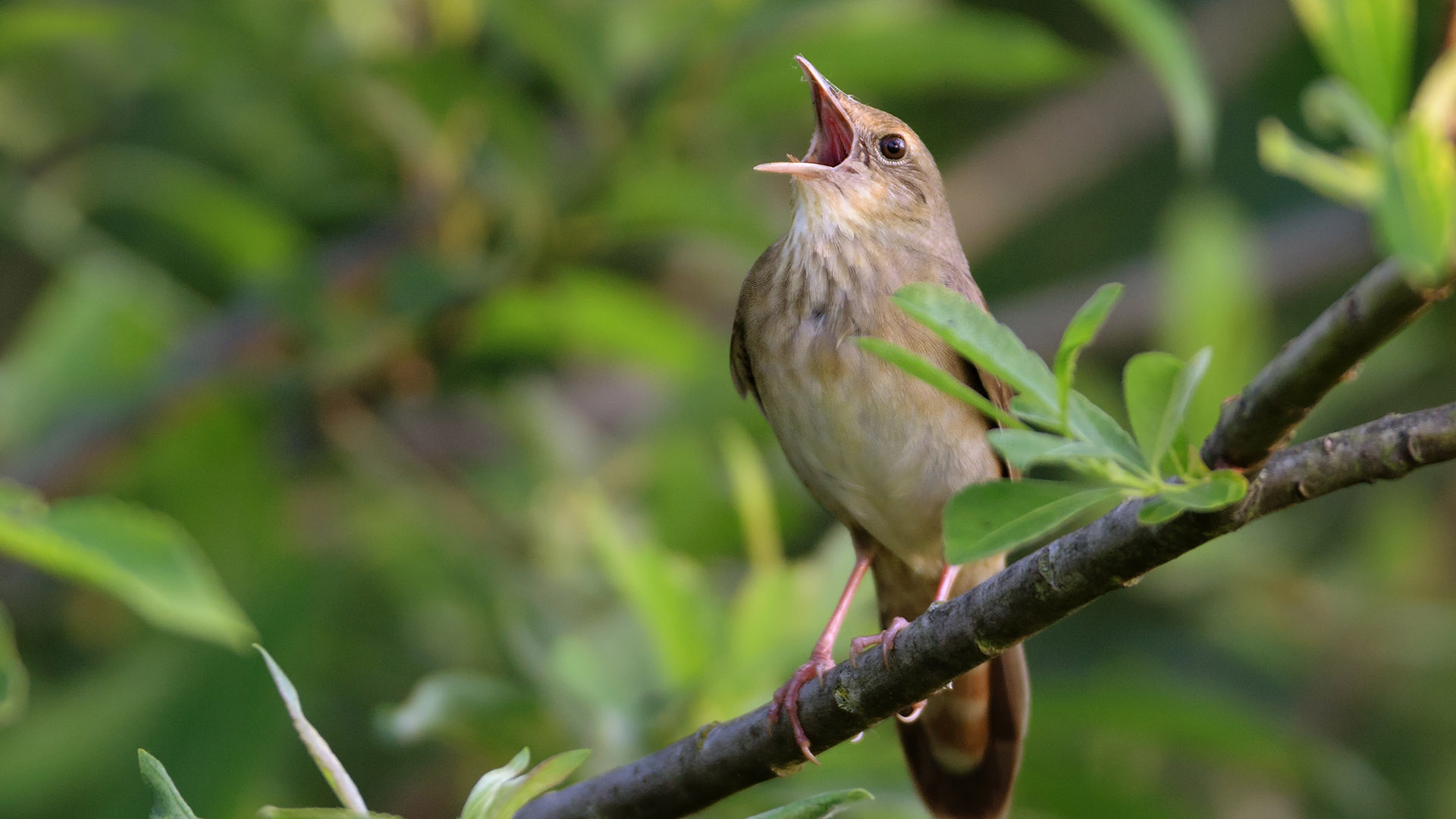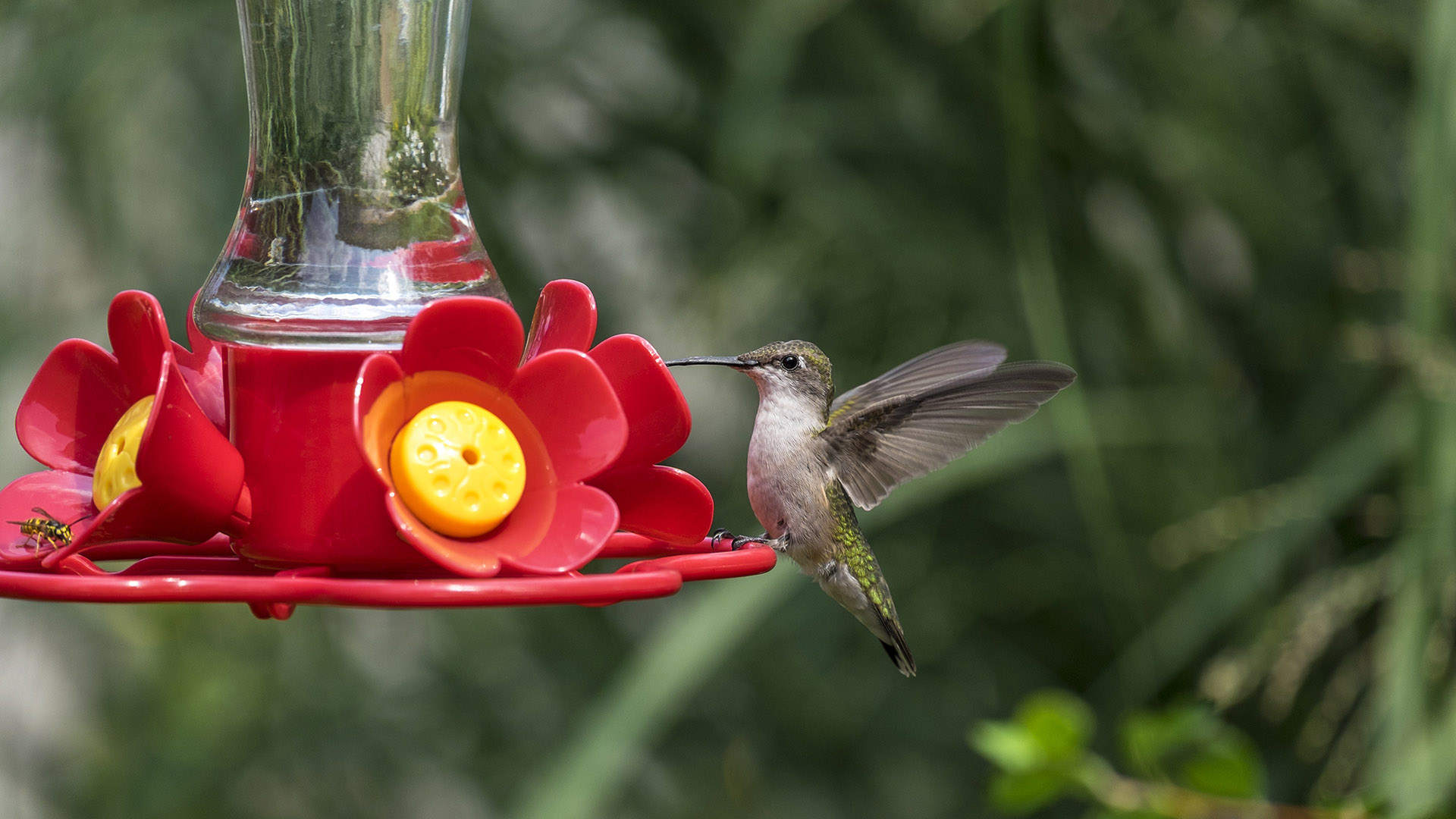Here are the steps to take if you encounter a baby bird out of its nest this spring according to Dr. Karen Becker, a proactive and integrative wellness veterinarian.
Spring is upon us and certainly springtime means almost always the inevitable encounter with wildlife. Although if you’re like me, we love wildlife and we’re thankful for being able to bird watch and encounter some of those wild life animals. Certainly, since it is spring, the breeding season for most wildlife, you end up seeing a lot of potentially what you perceive as orphaned wild animals or young baby birds that have left the nest and are unable to fly. So today, I want to talk about what you need to consider doing if you find a baby bird.
Every spring, Carolina Waterfowl, a not-for-profit wildlife rehabilitation facility, fields literally hundreds of calls from people who have found a baby bird. Baby birds fall into typically one or two categories: either they’re nestlings, which mean they’re featherless, they’re pink, clearly, they can’t move around, they can’t fly and they need to be in the nest, or a fledgling. Fledglings are juvenile birds that still appear very young but they are designed to leave the nest, however they can’t fly yet.
What You Should Do if You Find Nestlings
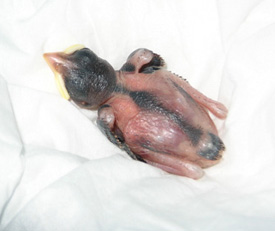 If you find a nestling, which is a featherless baby bird, it’s important you look around to see if you can identify where the nest is. Oftentimes, these birds are simply blown out of the nest or in fact during storms, the whole nest comes down. So, if you find baby birds that should be in the nest, we recommend that you collect that nest material, put it in a small plastic container about the size of the nest. Poke some holes in it so that you got some drainage. If there’s no nest material left, you can put old wash cloth or some paper towels down and then nail it to the closest tree that you perceive that the nest could have blown out of. If you find a baby bird and there’s absolutely no nest around, we still recommend that you place it in a nearby tree. Nail it high up in the tree as close as possible to the closest tree where you find the baby bird and then watch that homemade nest very closely. The whole myth that says that mother birds will not accept the baby bird if it’s been touched is indeed a myth. Keep in mind that birds have a very poor sense of smell. And most importantly, birds have invested so much time and energy into raising this baby, they absolutely would not abandon that baby if it’s touched. So, it’s important that you feel comfortable picking that baby up, putting it back in the makeshift nest, and nailing it as high up in the tree that you possibly can reach.
If you find a nestling, which is a featherless baby bird, it’s important you look around to see if you can identify where the nest is. Oftentimes, these birds are simply blown out of the nest or in fact during storms, the whole nest comes down. So, if you find baby birds that should be in the nest, we recommend that you collect that nest material, put it in a small plastic container about the size of the nest. Poke some holes in it so that you got some drainage. If there’s no nest material left, you can put old wash cloth or some paper towels down and then nail it to the closest tree that you perceive that the nest could have blown out of. If you find a baby bird and there’s absolutely no nest around, we still recommend that you place it in a nearby tree. Nail it high up in the tree as close as possible to the closest tree where you find the baby bird and then watch that homemade nest very closely. The whole myth that says that mother birds will not accept the baby bird if it’s been touched is indeed a myth. Keep in mind that birds have a very poor sense of smell. And most importantly, birds have invested so much time and energy into raising this baby, they absolutely would not abandon that baby if it’s touched. So, it’s important that you feel comfortable picking that baby up, putting it back in the makeshift nest, and nailing it as high up in the tree that you possibly can reach.
If in fact, there’s absolutely no nest around and you have no idea how this bird could have gotten there, it’s important that you put it in a shoebox with some soft nesting material like an old washcloth or some paper towels and that you contact a local licensed wildlife rehabilitator, like Carolina Waterfowl, right away.
Although you may have a desire to raise a baby bird, you need to identify what species it is to be able to identify its nutritional requirements. Some baby birds eat worms or other bugs. Some baby birds would be very toxic because they are by nature, seed eaters so it’s important to recognize that for you to know the metabolic requirements and in turn what those babies need to eat, you will need the help of a professional. It’s also against the law to raise wildlife without a license so if you’re interested in becoming a licensed wildlife rehabilitator, you can get more information at www.carolinawaterfowlrescue.com.
What You Should Do if You Find Fledglings
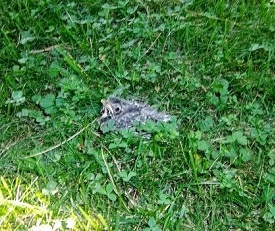 The second group of babies that you end up finding is called fledglings. Fledglings are the most often kidnapped of all the birds because people assume that they’re orphaned when really, they are juvenile birds that leave the nest and flying is instinctual for babies but landing isn’t. So, oftentimes you see these birds jump out of the nest when they get to that age, they get too big and it’s time to leave the nest. Fledglings spend several days to several weeks hopping around on the ground, learning hunting and forging skills from their parents. At that time, the mother bird is no longer sitting on that baby but they’re within your call distance, sometimes 2 or 3 blocks away, and they will still intermittently feed those juveniles but those babies spend a lot of time on the ground pecking, forging and learning how to hunt for food. It’s at this time that most fledglings are inadvertently kidnapped, which means you find them outside or your dog or cat or your child finds them. You’re not quite sure what to do, you don’t see any parents around so you end up picking it up and in essence, stealing it from mama.
The second group of babies that you end up finding is called fledglings. Fledglings are the most often kidnapped of all the birds because people assume that they’re orphaned when really, they are juvenile birds that leave the nest and flying is instinctual for babies but landing isn’t. So, oftentimes you see these birds jump out of the nest when they get to that age, they get too big and it’s time to leave the nest. Fledglings spend several days to several weeks hopping around on the ground, learning hunting and forging skills from their parents. At that time, the mother bird is no longer sitting on that baby but they’re within your call distance, sometimes 2 or 3 blocks away, and they will still intermittently feed those juveniles but those babies spend a lot of time on the ground pecking, forging and learning how to hunt for food. It’s at this time that most fledglings are inadvertently kidnapped, which means you find them outside or your dog or cat or your child finds them. You’re not quite sure what to do, you don’t see any parents around so you end up picking it up and in essence, stealing it from mama.
Mother and father birds will very rarely dive on you. Every now and then if you get a dive bomb that means leave my baby alone and you just need to leave it alone. Keep your dogs, cats and children inside and over the next several days, the parents will continue to provide support from a distance and that baby will grow up, get enough primary breast musculature and feathers to be able to fly and leave that environment.
If you find a young fledgling or any bird that has signs of visible blood, a visible injury that seems to have weakened or debilitated the baby bird, or that is not moving well or cold – those are all reasons for you to collect that baby bird, put it in a box, don’t attempt to feed it, keep it warm in a quiet area of your home and then contact a local federally licensed wildlife rehabilitator like Carolina Waterfowl.
Remember, the best thing you can do before you take that baby in attempt to provide care in any way, is to contact a local federally licensed wildlife rehabilitator like Carolina Waterfowl where you can find out more information about specifically addressing, not only specific species of birds, but what you can do if there’s an injury that occurs.
So, next time you find a baby bird, hopefully you will know exactly what to do.

